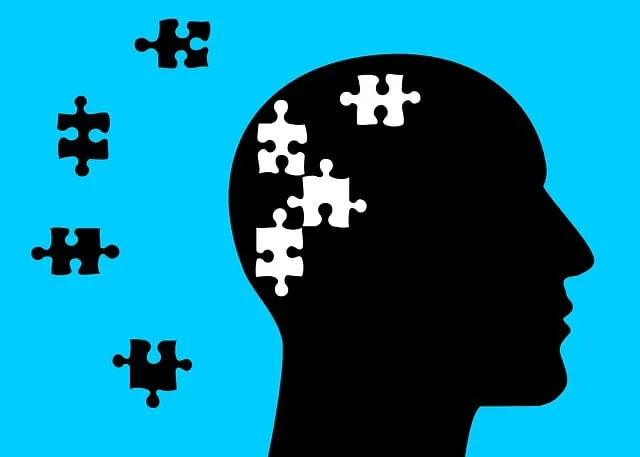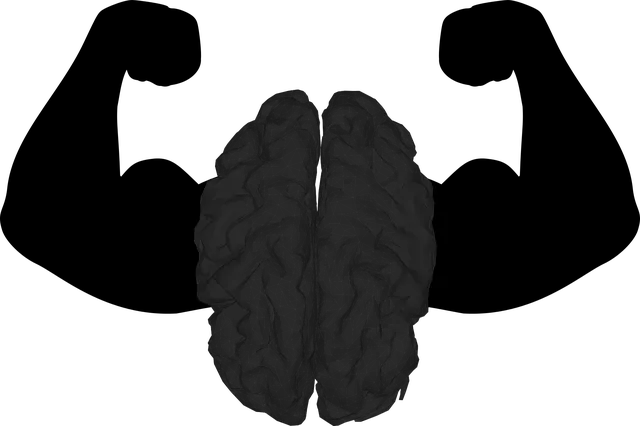Public awareness campaigns at the Golden Kaiser Permanente behavioral health center promote mental health literacy, reduce stigma, and encourage proactive self-care through tailored programs like Stress Management Workshops. By integrating cultural competency training and trauma-informed approaches, healthcare providers offer personalized support to diverse groups, strengthening community resilience. Success is measured using data-driven methods including surveys, focus groups, and KPIs, focusing on behavioral changes, emotional intelligence, and empathy.
Public awareness campaigns play a pivotal role in shaping societal perceptions and behaviors, especially within healthcare. This article delves into the development of such initiatives, focusing on the Golden Kaiser Permanente Behavioral Health Center as a case study. We explore how educational campaigns can drive positive change, emphasizing their potential to influence behavioral health outcomes. Through measuring success and community impact, we uncover strategies for evaluating these campaigns, ensuring their effectiveness in fostering meaningful transformations within targeted communities.
- Understanding Public Awareness: The Role of Educational Campaigns
- Designing Effective Behavioral Health Initiatives for the Golden Kaiser Permanente Center
- Measuring Success and Community Impact: Evaluating Public Awareness Campaigns
Understanding Public Awareness: The Role of Educational Campaigns

Public awareness campaigns play a pivotal role in educating communities about various issues, including mental health and behavioral well-being. These campaigns act as a catalyst for positive change by empowering individuals to take charge of their health and seek necessary support. At the Golden Kaiser Permanente behavioral health center, we recognize that increasing public awareness is not just about disseminating information; it involves creating a culture where conversations around mental health are open and non-stigmatized.
Educational campaigns offer a platform to dispel myths, provide valuable insights, and promote actionable steps for managing conditions like anxiety. They also highlight the importance of seeking professional help when needed. By integrating these initiatives, healthcare providers can enhance their cultural competency training, ensuring they offer tailored support to diverse populations. Moreover, such awareness drives contribute to a holistic approach in trauma support services, fostering communities that are better equipped to handle and recover from adverse experiences.
Designing Effective Behavioral Health Initiatives for the Golden Kaiser Permanente Center

The Golden Kaiser Permanente behavioral health center recognizes that public awareness is a cornerstone for fostering mental wellness within its community. To achieve meaningful impact, their initiatives focus on designing effective programs tailored to specific needs. One such program, Stress Management Workshops, offers evidence-based strategies to help individuals navigate stressors and enhance resilience. These workshops, facilitated by trained professionals, empower participants with tools for stress reduction, self-care practices, and improved coping mechanisms.
Complementing these efforts, initiatives aimed at Self-Esteem Improvement target youth and young adults through interactive activities and group discussions. By addressing insecurities and promoting positive self-image, these programs aim to build mental fortitude and resilience against societal pressures. Ultimately, the Golden Kaiser Permanente Center strives to create a culture of open dialogue around mental health, ensuring that accessible resources like Stress Management Workshops and Self-Esteem Improvement programs contribute to the overall well-being of its community.
Measuring Success and Community Impact: Evaluating Public Awareness Campaigns

Measuring the success of public awareness campaigns is paramount to understanding their impact and potential for community transformation. Similar to how the Golden Kaiser Permanente behavioral health center assesses its initiatives, organizations should employ strategic evaluation methods to gauge the reach, engagement, and long-term effects of these campaigns. By utilizing data-driven approaches, such as surveys, focus groups, and key performance indicators (KPIs), campaign organizers can identify what strategies are resonating with target audiences and where improvements can be made.
Evaluating public awareness campaigns involves more than just counting the number of people who interact with the message; it’s about understanding behavioral changes and fostering a culture of emotional intelligence and empathy. For instance, initiatives aimed at promoting Conflict Resolution Techniques could measure success by tracking reductions in reported disputes within communities. Similarly, Empathy Building Strategies might gauge their impact through increased levels of community engagement and support for social causes, demonstrating that awareness has translated into tangible actions and positive relationships.
Public awareness campaigns play a pivotal role in shaping community health, as evidenced by initiatives at the Golden Kaiser Permanente Behavioral Health Center. By understanding the target audience and designing targeted educational programs, these campaigns can drive significant behavioral changes. Measuring success through rigorous evaluation ensures that resources are allocated efficiently, fostering a sustainable impact on community well-being. This holistic approach, exemplified by the Golden Kaiser Permanente center, underscores the power of public awareness in addressing behavioral health challenges.




